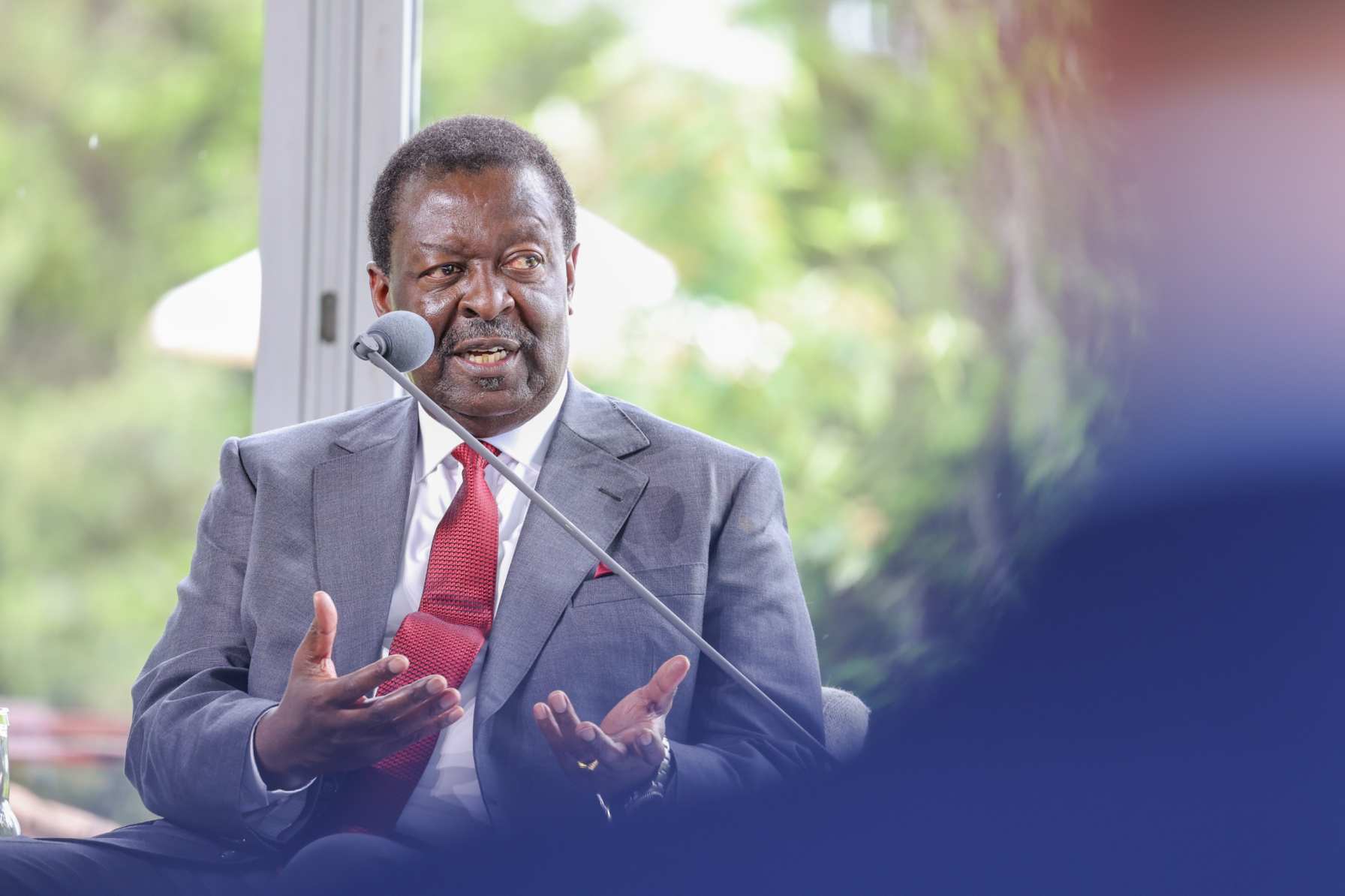Kenya dismisses Sudan's claims of UAE arms transfer links

Kenya criticised the SAF for repeatedly blaming other countries for its problems instead of addressing its domestic challenges.
Kenya has rejected accusations from Sudan’s military government alleging that it has played a role in delivering arms from the United Arab Emirates to the paramilitary Rapid Support Forces, calling the claims false, reckless, and a distraction from Sudan’s internal crisis.
In a statement released on Thursday, the Ministry of Foreign and Diaspora Affairs said the allegations made by the Sudanese Armed Forces (SAF) are baseless and risk undermining regional peace.
“Kenya considers the continued and unsubstantiated allegations by the SAF administration to be not only regrettable but also inconsistent with the principles of good neighbourliness and mutual respect that underpin the Charter of the United Nations and the Constitutive Act of the African Union,” the ministry said.
The SAF had accused Kenya of being a main route for military equipment supplied by the UAE to the RSF, alleging that weapons labelled as Kenyan were discovered in RSF arms stores in Khartoum.
But Kenya dismissed the claims, reaffirming its impartial position on the war in Sudan and its support for “an inclusive, Sudanese-led and Sudanese-owned political process.”
“While the support of regional and international partners is important, the responsibility for charting Sudan’s future ultimately rests with the Sudanese people,” the ministry added.
The statement also denied any involvement in weapons trafficking and stressed that Kenya respects all international laws. “Kenya does not condone, facilitate, or engage in the illicit trade or smuggling of arms,” the ministry said.
Kenya criticised the SAF for repeatedly blaming other countries for its problems instead of addressing its domestic challenges.
“Unfortunately, no amount of scapegoating or repeated blaming of other states will alleviate the suffering of the Sudanese people,” the statement said.
“It is time for the parties to the conflict in Sudan to assume full responsibility and commit to restoring civilian rule, peace and security for the benefit of the Sudanese people and the wider region.”
The ministry said the accusations are part of a broader strategy by the SAF to deflect attention from its failures.
“The persistent and unfounded false claims by SAF on Kenya appear to reflect an outdated strategy of deflecting internal challenges by generating external tensions in the hope of rallying domestic support,” it said.
“As often observed, the most difficult but necessary journey is the one within. We therefore urge the SAF to focus on internal stability, rather than expending scarce resources and energy on imagined external adversaries.”
Kenya noted that these accusations were especially misplaced given its active role in humanitarian efforts for Sudan.
“Kenya has remained actively engaged in mobilising international attention and support for the Sudanese people,” the ministry said.
The statement also addressed the SAF’s earlier decision to cut diplomatic ties with the UAE and its continued hostility toward Kenya, including a trade ban, after RSF-aligned leaders met in Nairobi in February and signed a charter to form a parallel government.
Kenya also denied that it had admitted UAE’s support for the RSF, dismissing SAF’s reference to a deleted June 16 social media post by Government Spokesperson Isaac Mwaura, in which he reportedly stated, “Egypt and Iran back (the Sudanese Armed Forces); the UAE backs RSF.”
Kenya insisted its position is grounded in peace and humanitarian support, not interference. “A fundamental tenet of Kenya’s foreign policy is respect for sovereignty and non-interference in the internal affairs of other states,” the statement read. “In upholding this principle, Kenya likewise expects other states to refrain from besmirching its respected global image and sovereignty.”
The ministry also warned of the deepening humanitarian crisis in Sudan, noting that over 10 million people have been displaced and nearly two-thirds of the population, including 16 million children, are in urgent need of help.
“The Sudanese people have endured the hardships of protracted violent conflict for far too long,” the ministry said. “They deserve peace and security anchored in an inclusive national dialogue that truly reflects the diversity of the Republic of Sudan.”
Kenya reaffirmed its readiness to work with international partners, including the UAE, to help resolve the Sudanese conflict. “Our unwavering commitment to peace and reconciliation is grounded in a principled approach of humanitarianism, and should not be misconstrued as interference in Sudan’s internal affairs,” it said.
The war in Sudan, which erupted in April 2023 between army chief Abdel Fattah al-Burhan and RSF leader Mohamed Hamdan Dagalo, has killed tens of thousands and displaced over 13 million.
Both sides have accused foreign countries such as the UAE, Egypt, Iran, Turkey, and Russia of providing military support.
International figures, including UN Secretary-General António Guterres, have raised alarm over foreign involvement in the war and called for an end to arms deliveries.
